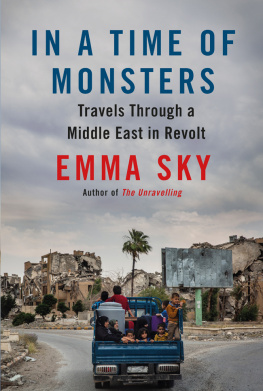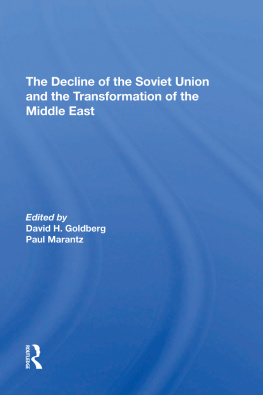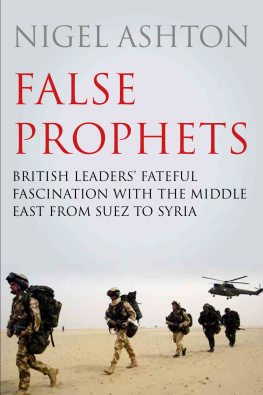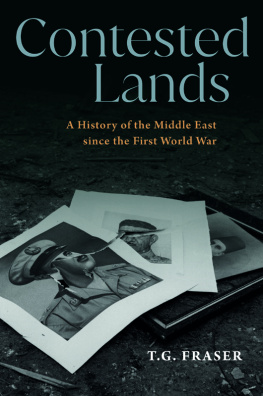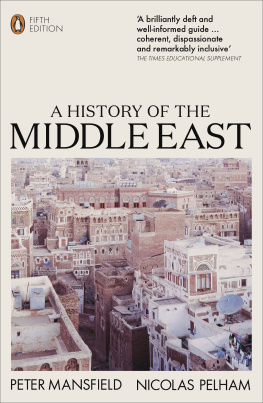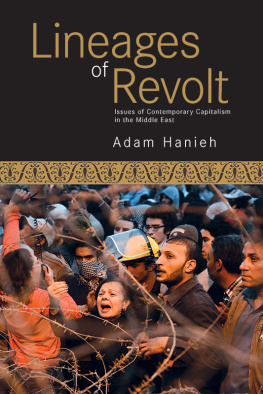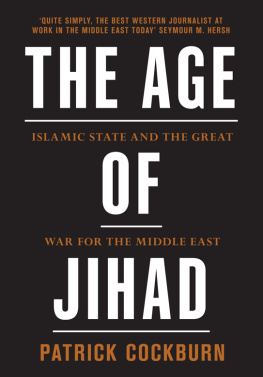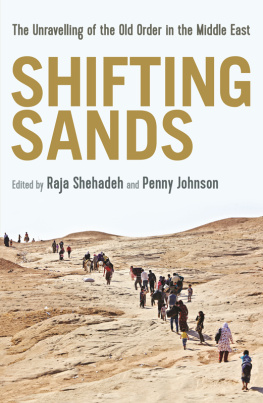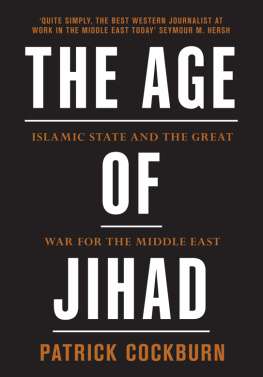By the same author
The Unravelling
First published in Great Britain in 2019 by Atlantic Books, an imprint of Atlantic Books Ltd.
Copyright Emma Sky, 2019
The moral right of Emma Sky to be identified as the author of this work has been asserted by her in accordance with the Copyright, Designs and Patents Act of 1988.
All rights reserved. No part of this publication may be reproduced, stored in a retrieval system, or transmitted in any form or by any means, electronic, mechanical, photocopying, recording, or otherwise, without the prior permission of both the copyright owner and the above publisher of this book.
1 2 3 4 5 6 7 8 9
A CIP catalogue record for this book is available from the British Library.
Lyrics from Like a Rolling Stone by Bob Dylan are reproduced by permission; copyright 1965 by Warner Bros. Inc.; renewed 1993 by Special Rider Music.
Except where noted, all photographs are taken by the author.
Map artwork by Jeff Edwards.
Hardback ISBN: 978-1-78649-560-0
E-book ISBN: 978-1-78649-561-7
Paperback ISBN: 978-1-78649-562-4
Printed in Great Britain
Atlantic Books
An imprint of Atlantic Books Ltd
Ormond House
2627 Boswell Street
London
WC1N 3JZ
www.atlantic-books.co.uk
For fellow travellers
The old world is dying, and the new world struggles to be born: now is the time of monsters
Antonio Gramsci
Who lives sees, but who travels sees more
Ibn Battuta
CONTENTS
Egypt, May 2011
Tunisia, June 2011
Syria, July 2011
Iraq, June 2011 and January 2012
Turkey, October 2012
Saudi Arabia, December 2012
Oman, December 2012
Kurdistan, July 2013
The Silk Road, June 2014
Jordan, March 2015
The Balkans, January 2016
Britain, JuneJuly 2016
List of Illustrations
Preface
A new Middle East constantly struggles to be born. But each attempted birth is abortive, with visions of utopia replaced by dystopia. After two decades of working in the region, I set out to make sense of the great upheavals taking place. Between 2010 and 2016, I travelled from Tahrir Square in Cairo to the Qandil mountains in Kurdistan; from the markets of Damascus to the marshes of Mesopotamia; from tea shops in Antakya to shopping malls in Saudi Arabia; from pyramids to petroglyphs; from the Persian Gulf to the Dead Sea to the Mediterranean; from Baghdad to Bukhara; from Khartoum to Carthage; from mosque to church to synagogue. I witnessed how dreams of new political orders based on rights and justice were shattered in wars and fragile states and demons unleashed upon the world.
The overthrow of Saddam Husseins authoritarian regime in 2003 by a US-led coalition did not herald a new regional democratic order as envisaged by its Western architects. Instead, Iraqs civil war sowed disorder beyond its borders. Furthermore,the collapse of the Arab counterweight that kept the Islamic Republic of Iran in check upended the balance of power in the region, fueling competition that continues to destabilize the Middle East.
The new Iraq remains hamstrung by weak institutions and kleptocratic elites. Poor public services and rampant corruption have led to cycles of protests, violence and insurgency against the government. Elections are held regularly, but have not brought about meaningful change. Despite not winning the 2010 elections, Nuri al-Maliki, a Shia Islamist, still secured a second term as prime minister and subsequently marginalized his Sunni political opponents, consolidated power and implemented sectarian policies. This created the conditions that enabled the Islamic State otherwise known as Daesh, or ISIS to rise up out of the ashes of al-Qaeda in Iraq and proclaim itself as the protector of Sunnis.
In 2011, the youth of the Middle East sprang up in squares and streets across the region to protest injustice, call for better governance and demand jobs. However, sclerotic regimes proved incapable of reform. They either clung on to power or collapsed.
In Syria, the violent response of President Bashar al-Assad to the peaceful protests propelled the countrys descent into civil war. He falsely proclaimed that he was the only bulwark against terrorism and through his use of terror he made his prophecy come true. The United States and its allies called for Assad to go but gave minimal support to force his departure. Segments of the Syrian opposition took up arms and sought external support in their domestic conflict. Turkey,Saudi Arabia, the United Arab Emirates and Qatar provided weapons and funds to competing Sunni groups. Iran deployed its military advisers, as well as Shia militias from Lebanon, Iraq and Afghanistan, to prop up Assads embattled regime. Russia supplied it with air power.
Iraq and Syria became one battlefield. The lands once renowned for prophets, laws and the first organized states became synonymous with sacralized conflict, evil and anarchy. Black-clad figures poisonous seeds germinated by corrupt elites and nourished by external intervention planted the flag of Daesh in cities, souqs and saharas. Ancient trading metropolises, centres of culture and cosmopolitanism, were reduced to rubble. Thousands were decapitated or enslaved in the wake of a caliphate intent on imposing an austere, intolerant, patriarchal monoculturalism the fantasy of fundamentalists throughout the ages.
A US-led coalition mobilized to counter ISIS. In 2016 alone, the US dropped 24,287 bombs on Iraq and Syria. The military campaign crushed Daesh but it also destroyed cities, killed thousands of innocent civilians, enabled the proliferation of militias, shored up autocratic regimes and facilitated Irans development of land corridors across Iraq and Syria to Israels borders.
The outflow of refugees and terrorism from the Middle East contributed to the British vote to leave the European Union and the rise of Donald Trump, whose tirades against Muslims and immigrants and pledges to protect Americans from ISIS, the bastard child of the Iraq War helped propel him to the White House.
Pax Americana is dying; Americas post-Cold War triumphalism crashed and burned in the Middle East. The very notion of an international community has waned and withered. The Iraq War was the catalyst of this decline; the failure to stop the bloodshed in Syria the evidence. The international system is transitioning from a unipolar to a multipolar world, with the Middle East one of multiple competing spheres of influence. A revanchist Russia seeks to weaken the US-led liberal world order by supporting Assad in Syria and flooding the European Union with refugees fleeing its aerial bombardment. A rising and dissatisfied China pursues One Belt, One Road for the acquisition of minerals and energy, building infrastructure including oil and gas pipelines across the region. Middle Eastern powers, for their part, are adjusting and competing to shape a regional order in flux.
In a Time of Monsters relates my encounters with young people calling for reforms and others seeking revolution; insurgents willing to die for a cause and ordinary citizens simply seeking to live in security; pilgrims walking to Karbala and refugees headed for Germany; and Western diplomats trying to mediate peace overseas while polarization increases back home. It endeavours to contribute to a better understanding of a region in transition during a time of changing world order. In writing

